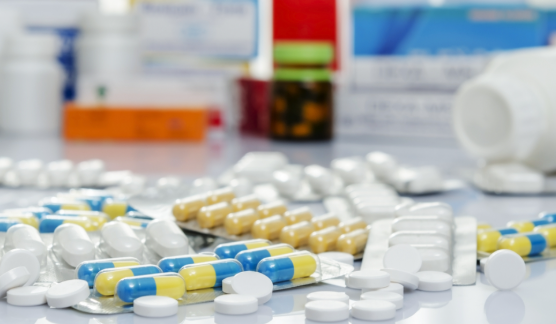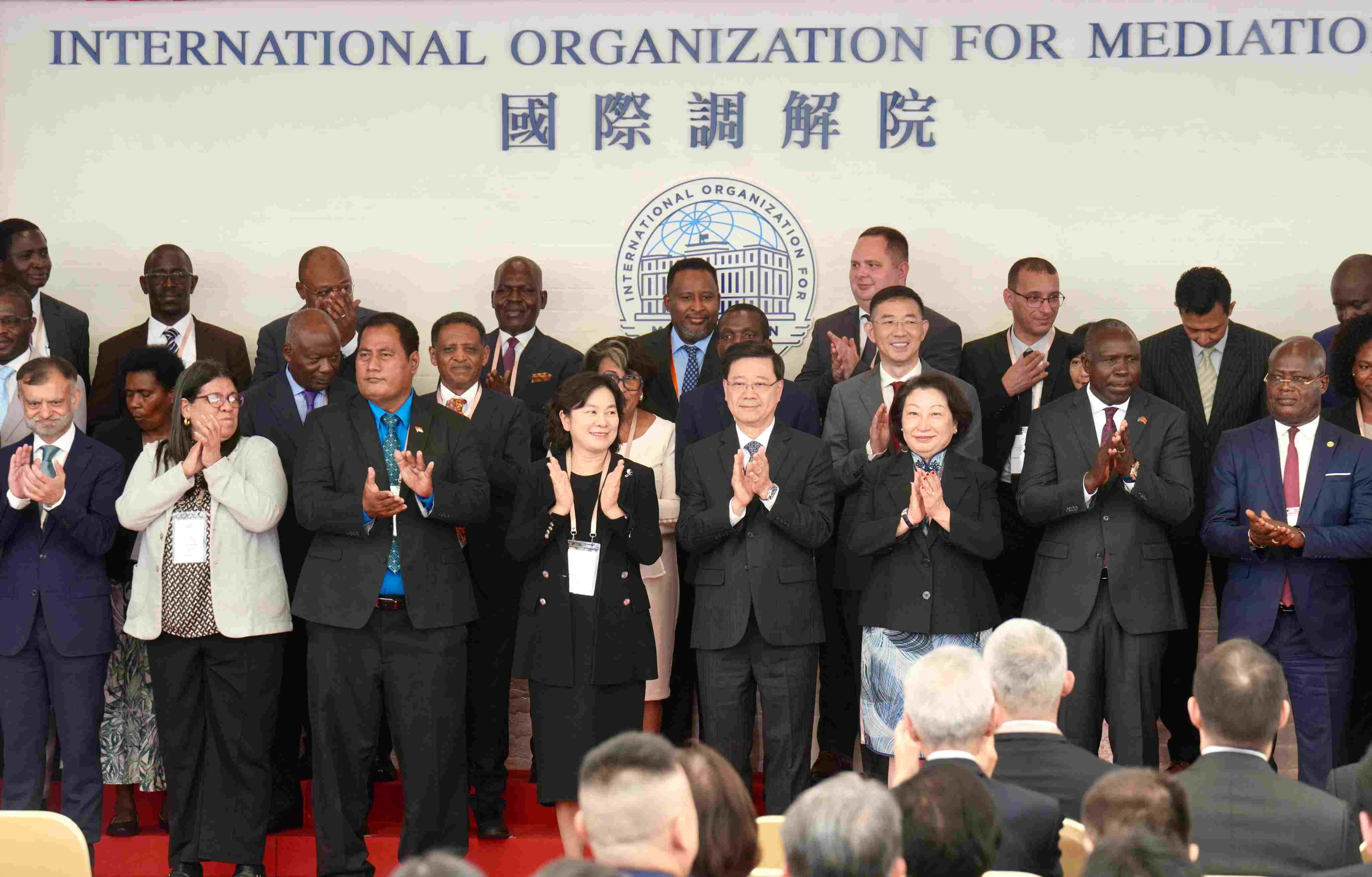Public hospital patients may have received untested drugs, Auditor-General reveals

In Kenya, the Pharmacy and Poisons Board regulates the distribution of all medical products and is charged with ensuring their safety, quality, and effectiveness.
Thousands of patients relying on public hospitals may have unknowingly received medication that had not been tested for safety, after the Health Ministry released drugs worth millions without proper quality checks, an audit has revealed.
According to Auditor-General Nancy Gathungu, drugs valued at Sh49.6 million were distributed to various health facilities during the 2023/24 financial year without any documentation showing that they had undergone mandatory testing.
More To Read
- KDF projects worth Sh22 billion stall as contractors abandon sites
- CBK under fire for withholding Sh3 billion in upfront agency fees, auditor-general says practice breaches law
- Audit exposes civil servants’ mismanagement of millions in imprests across ministries
- Funding cuts spark urgency in state corporation shake-up, says Parliamentary Budget Office
- Audit exposes Sh332 billion in dormant assets held by banks, insurers
- KMPDC launches 2026 licence renewal for doctors, health facilities
The report, which reviewed spending under the State Department for Public Health and Professional Standards, pointed to a breach of legal procedures by both the department and the National Quality Control Laboratory (NQCL).
The audit established that out of Sh5.14 billion spent by the ministry on goods and services, a portion went to medical drugs that were issued without confirmation of compliance with safety and efficacy standards as required by law.
This, the Auditor-General noted, violated Section 35D(1)(c) of the Pharmacy and Poisons Act 2012.
“This was contrary to Section 35D(1)(c) of the Pharmacy and Poisons Act 2012, which requires the NQCL to test all locally manufactured and imported drugs or medicinal substances on behalf of the government to ensure compliance with established rules. Therefore, management was in breach of the law,” stated the audit.
The NQCL is the government agency mandated to ensure that all drugs, including those manufactured locally or imported, are tested and certified before being supplied to the market.
Every approved sample must be accompanied by a certificate of analysis confirming it meets set safety standards.
The audit warns that failure to follow this procedure puts patients at risk of receiving harmful or ineffective medication.
In Kenya, the Pharmacy and Poisons Board regulates the distribution of all medical products and is charged with ensuring their safety, quality, and effectiveness.
Distributing drugs without testing undermines this framework and violates clear public health protections.
In recent years, the country has taken steps to remove substandard medicines from circulation.
For example, in 2023, authorities seized counterfeit antibiotics and painkillers from informal outlets in Nairobi.
The Auditor-General’s findings highlight a serious gap in the drug supply chain, raising alarm over regulatory oversight and the need for urgent corrective action from responsible health agencies.
Top Stories Today










































